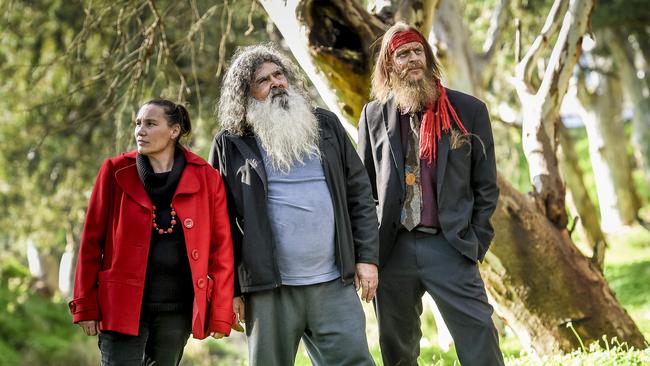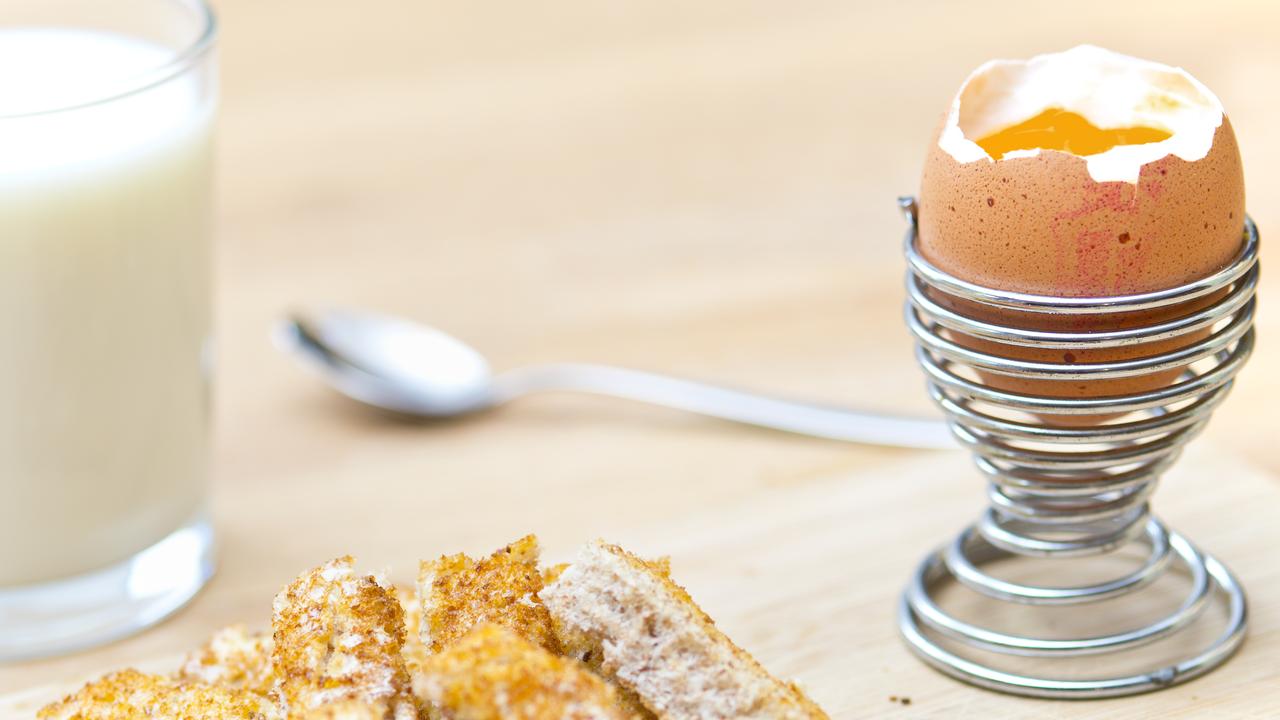Bush tucker ‘mafia are walking alone’
Indigenous bush food operators say Jock Zonfrillo is part of a ‘bush tucker mafia’ who seek to advance the native food industry but often fail to deliver benefits to indigenous people.

Indigenous bush food operators say celebrity chef Jock Zonfrillo is one member of a growing “bush tucker mafia’’ who seek to advance Australia’s native food industry but often fail to deliver benefits to indigenous people with plant knowledge.
Bush-food business owners Nadia Matko and her husband, Yuandamarra, say the $1.25m grant made to Zonfrillo’s charity Orana Foundation by the South Australian government in 2016 is money that could have gone to assist indigenous enterprises.
“We’ve had enough,” says Ms Matko. “We harvest, we process, we do everything ourselves. We don’t have millions of dollars backing us. But there’s a lot of middlemen out there and Jock is only one of what we call the “bush tucker mafia”.
The indigenous couple, who work on foraging projects in Central and South Australia, say they were shocked when the Orana Foundation got the $1.25m grant to develop a native food database, a job Orana contracted out to the University of Adelaide.
But they were equally surprised to learn of the more than $500,000 paid by the charity to companies related to Zonfrillo and his wife, Gruen panellist and publicist Lauren Fried.
The charity’s executive director Norman Gillespie — one of three directors, with Zonfrillo and Fried — also received substantial payments between 2017 and last year.
Yuandamarra says it was a joke among Aboriginal elders when news came out four years ago of Zonfrillo’s charity windfall — the $1.25m grant recorded as $1.3m in 2017 government budget papers.
“Everyone who heard about it just laughed,” he said. “There were Aboriginal people who had been knocked back for a similar project in Alice Springs. People were saying: ‘Why aren’t we getting the support we need?’ ”
The couple’s company, Red Centre Enterprises, won a 2018 Dreamtime award for its work developing bush tucker businesses. Yuandamarra says they have seen Central Desert women “who are battling to get the money for plastic buckets to collect bush food.”
The couple met with the Orana Foundation’s Mr Gillespie a few years ago to see if there were business opportunities, but felt he showed “a lack of cultural compassion”. “Orana tried to organise another meeting with us but we didn’t want a bar of it. It’s always been our goal to walk together to develop an industry.”
They say a new concern is that Adelaide University is now seeking funds to establish a Centre for Research into edible native plant foods, but with little expert indigenous input. “We only found out about that in May,” says Ms Matko, who also runs a cafe in Gawler, outside Adelaide, serving lemon myrtle vanilla slices and kangaroo burgers.
She says indigenous people need to get back control of bush foods and the cultural knowledge that goes with it. “We’re not troublemakers, but if that doesn’t happen, people won’t want to do bush foraging any more.”
Zonfrillo told The Australian on Monday that the completed native plant database, containing scientific and cultural information on thousands of plants, had been handed over by the university to his charity, but only after a nine-month legal tussle costing the Orana Foundation $50,000. “Personally it was a very difficult time, because we’d set out to do this for all the right reasons, for indigenous people and the preservation of their knowledge,” he said.
The database saga has not been the only recent challenge Zonfrillo has faced in his self-described mission to promote native plant products. In December, he announced plans to open a native food laboratory to commercialise plant properties on the ground floor of his award-winning Adelaide restaurant Orana.
Funded by banker-philanthropist Mark Carnegie and called the Australian Flavour Lab, it hit problems after its partner distillery went into liquidation. The launch has been delayed and Orana upstairs is now also closed.
Mr Carnegie says he remains “hugely optimistic” that Zonfrillo can achieve his goals. “Working in the indigenous space is hugely complicated,” he said.
“Do I believe Jock is making a huge productive contribution to indigenous development in Australia? Unequivocally.’’


